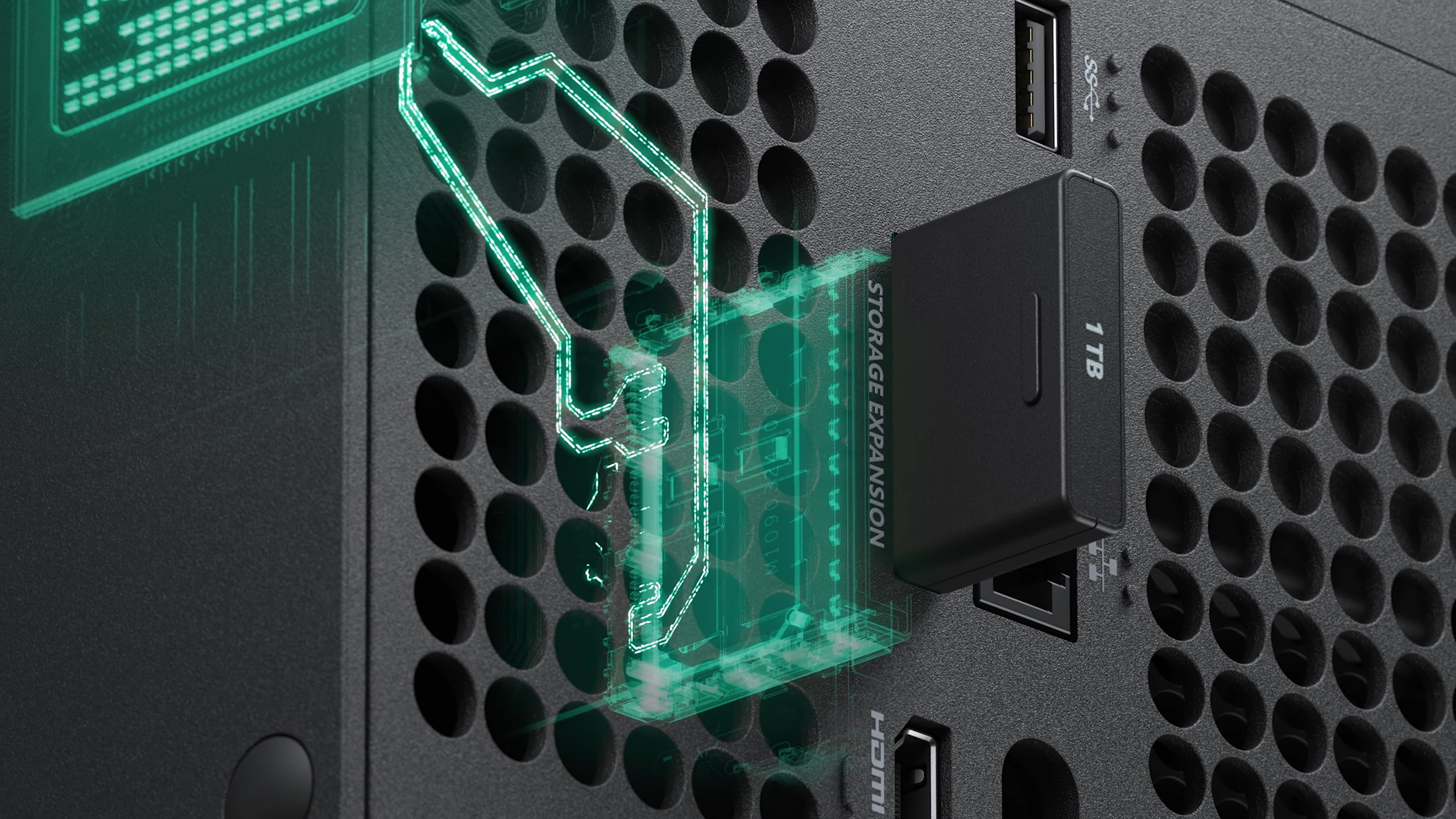Most Common PIN Codes
-
Leaked 4 digit PINs graphed
My pin is still 1077. The price of a cheese pizza and a large soda at Pannucci’s.
-
I can’t think of an explanation for the periodic grid like clusters. Anyone?
Number pairs where the 1st and 3rd digit match or where the 2nd and 4th digit match.
Eg: 1315 or 4676
-
My pin is still 1077. The price of a cheese pizza and a large soda at Pannucci’s.
Thanks a billion!
-
The row of 20XXs makes me laugh. Looks real bright around 2077, you cyberpunk nuts.
That's the 19xx's the 20xx row is only bright up until about 2010. So it's people born in the 70s using their birthday.
-
Leaked 4 digit PINs graphed
Crap! Someone else is using my PIN. I should change it.
-
Crap! Someone else is using my PIN. I should change it.
Change your luggage combo too.
-
Thanks a billion!
Meh. He only had $23.50 in his account.
-
Leaked 4 digit PINs graphed
Little blip at 1701 (NCC-1701). I wonder what the other individual blips represent.
-
Leaked 4 digit PINs graphed
27% of all PIN numbers
PIN Numbers
Number Numbers
Okay, this didn't make me twitch at all. Nope.
-
Leaked 4 digit PINs graphed
Lol at the dot for 1701, looks like there are loads of star trek fans
-
Leaked 4 digit PINs graphed
lol at this
all 4-digit passwords leaked:
0000 0001 0002 0003 0004...
-
Leaked 4 digit PINs graphed
The best internet find today: informationisbeautiful.net !!
-
Leaked 4 digit PINs graphed
27% of all PIN numbers
I feel personally attacked.
-
Leaked 4 digit PINs graphed
Heh, 8008 is slightly highlighted
-
lol at this
all 4-digit passwords leaked:
0000 0001 0002 0003 0004...
I really want to see which ones weren't leaked. Those are obviously the most secure.
-
Change your luggage combo too.
What's the combination...
1,2,3,4,5
That's amazing, I have the same combination on my luggage.
-
Leaked 4 digit PINs graphed
i have the same one on my luggage
-
lol at this
all 4-digit passwords leaked:
0000 0001 0002 0003 0004...
Every news outlet: "Major breach of your pin codes! Click this link."
-
Little blip at 1701 (NCC-1701). I wonder what the other individual blips represent.
Bet: 1337, 1138, 6969
-
Leaked 4 digit PINs graphed
Mine is 8647






